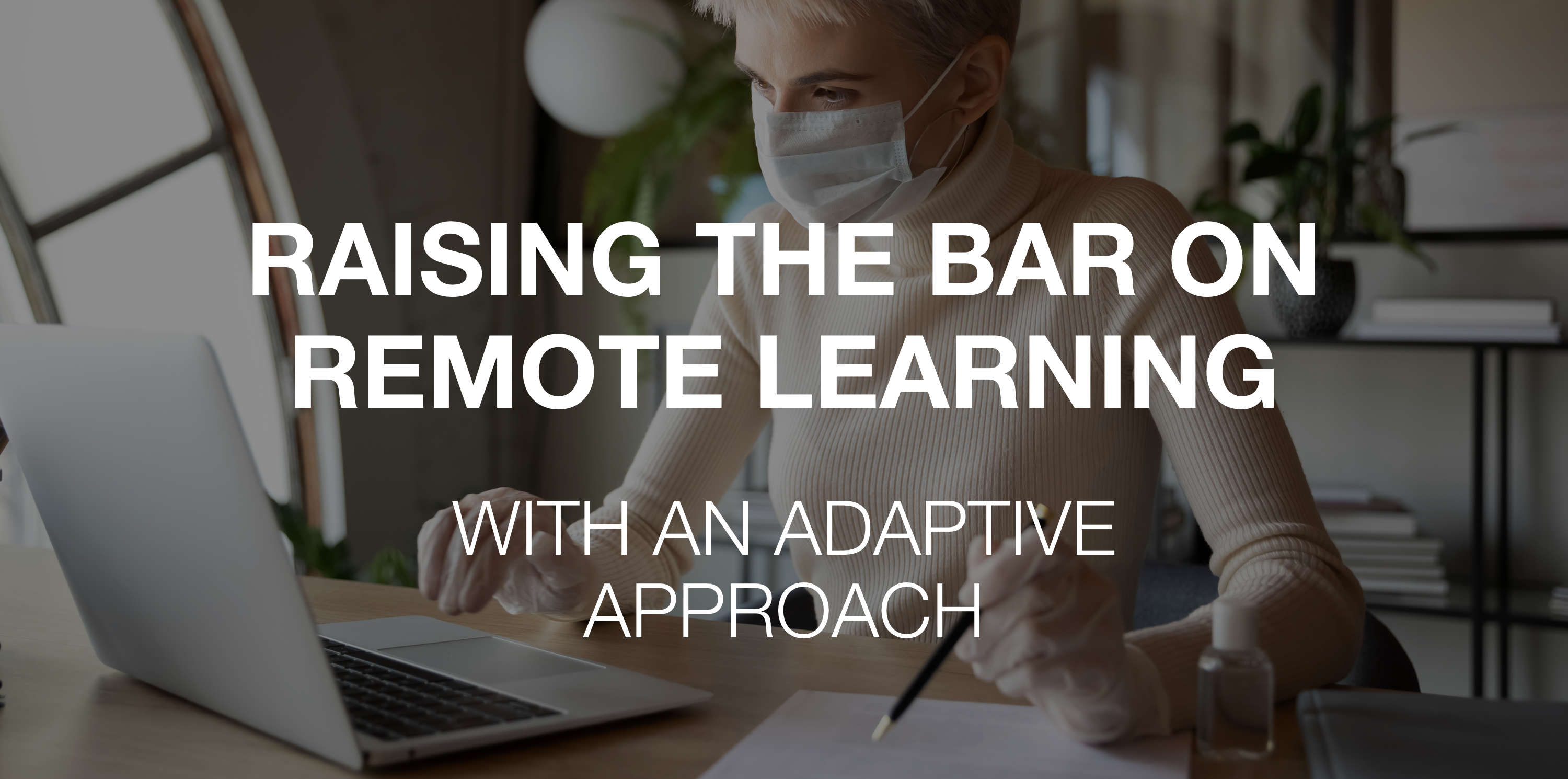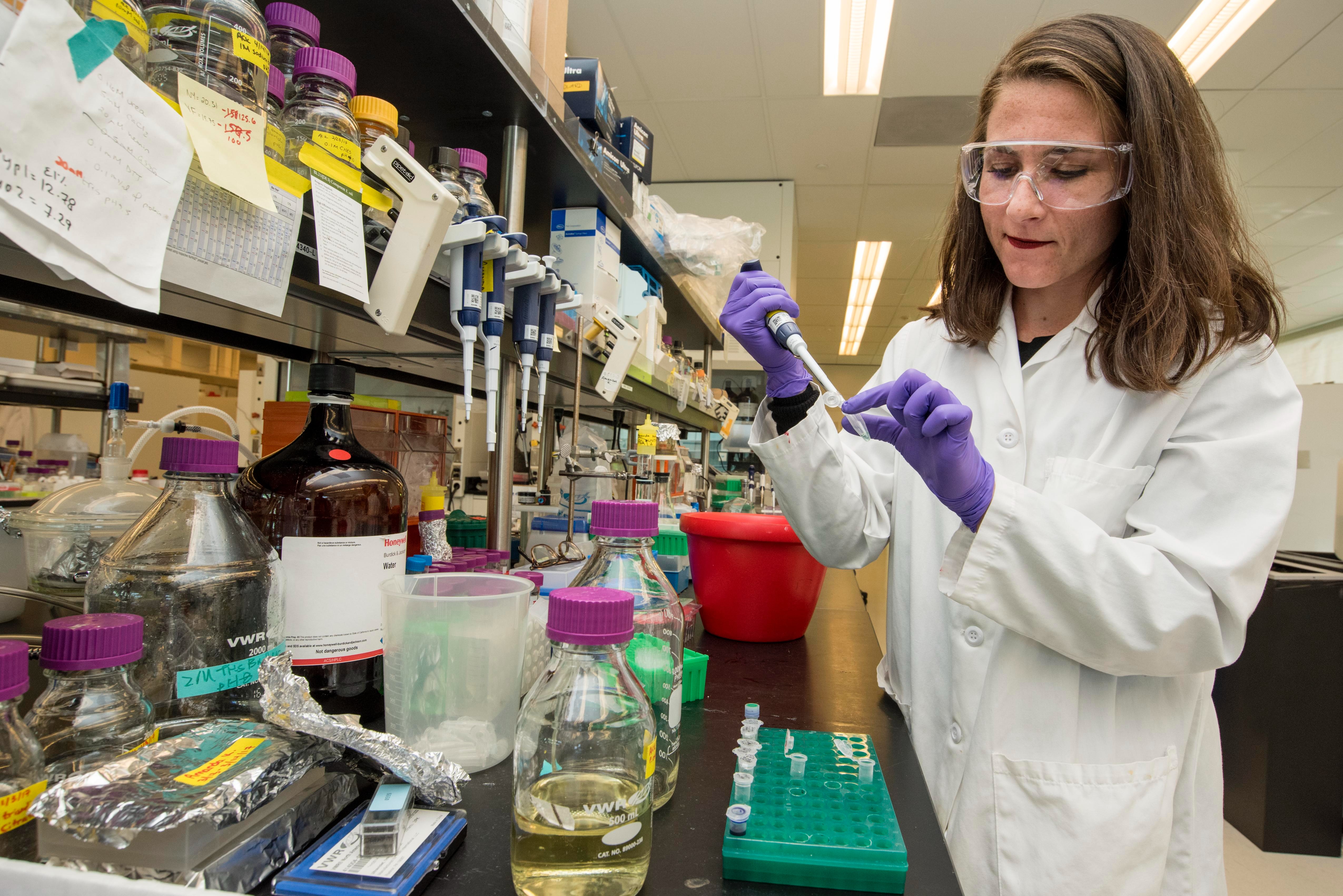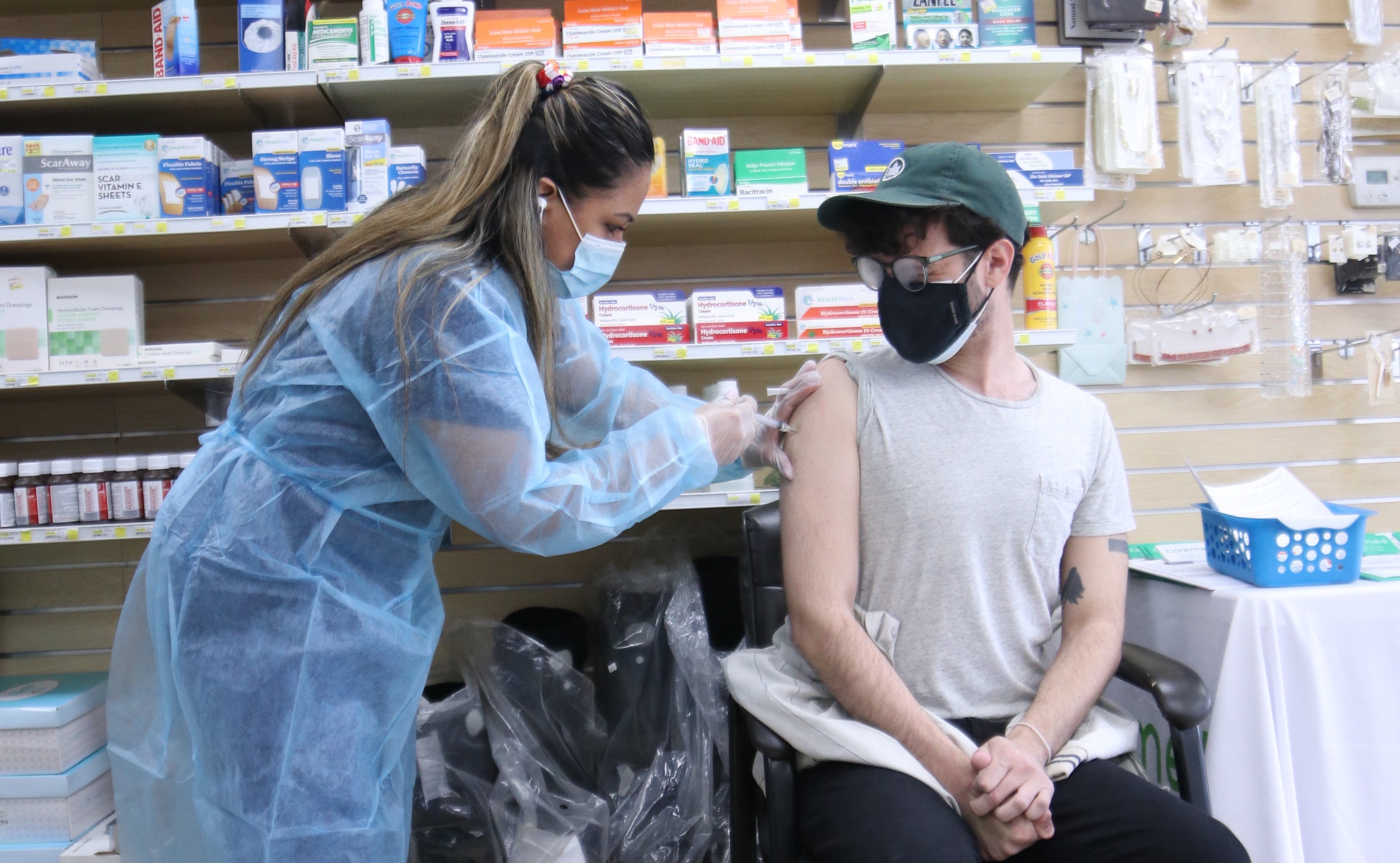The COVID-19 pandemic has disrupted the business landscape, with lasting changes in the ways in which people work and learn. As Microsoft President Brad Smith said in a recent CNBC interview, “I think there is a greater acceptance of almost remote everything.” Hand-in-hand with widespread remote working is the need for more effective remote learning.
Over the last few years, the focus in corporate learning and development (L&D) has been on improving learner engagement and motivation, including through the “Netflixization” of learning and the rapid growth of learning experience platforms (LXPs). More recently, as evidenced by Donald H. Taylor’s 2020 L&D Global Sentiment Survey, far greater emphasis is being placed on personalization and adaptive learning and learning analytics to improve learning effectiveness. Now, as changes in work practices due to COVID-19 accelerate the digital transformation of both work and learning, the top priority must be high-performance, high-reliability remote learning.
The goal is to ensure that the right people with the right skills are positioned to help their organizations navigate the current crisis and exploit new opportunities going forward. To accomplish this, remote learning must transition from what is often seen as “second-class learning” or a “necessary evil” to a corporate L&D best practice.
The need for social distancing and the sudden adoption of widespread remote working presents an opportunity to raise the bar on remote learning. As the World Economic Forum stated, “COVID-19 has become a catalyst for educational institutions worldwide to search for innovative solutions in a relatively short period of time.” This change is happening at all levels, from K-12 students being home-schooled en masse to colleges that quickly migrated to remote learning. The same transformation is happening in corporate learning and needs to accelerate. As Korn Ferry, a leading talent and organizational consulting firm, observed: “The COVID-19 pandemic is disrupting many talent processes. But it doesn’t need to stop them. In fact, now is the opportune moment to review, re-evaluate and redesign how you go about delivering the talent your organization needs.”
Indeed, many of Area9’s customers are using this disruption to accelerate change in their businesses. For example, a national restaurant chain, rather than hunker down in the wake of closure, is using this opportunity to rapidly invest in the upskilling and reskilling of managers and frontline workers alike.
Remote Learning Paradigm Shift
Remote learning is not just a substitute for in-person training; it’s a paradigm shift—and more companies are noticing. For example, Verizon Communications reportedly has agreed to buy Blue Jeans Network Inc., a videoconference company (and a rival of Zoom Video Communications Inc.). The rationale? To help corporate customers with telemedicine, remote learning, and virtual training, Verizon says.
To be effective, remote learning must involve more than putting static materials online or uploading a presenter’s PowerPoint slides to an e-learning module. As dissatisfaction with many e-learning programs has shown, a one-size-fits-all approach does not work. Those programs lack personalization, which means learners who have already mastered the material are forced to sit through it again, while others who struggle do not receive the additional support they need and are left behind. This is a waste of time and resources.
The solution is high-impact, personalized learning, with an adaptive approach that meets learners where they are and delivers instruction to achieve competence in the fastest and most efficient way possible. As our experience with clients has shown, employees can achieve competence in half the time compared to in-classroom and traditional e-learning.
Personalized adaptive learning creates a tutor-like environment that is scalable and cost-effective. This approach is also highly effective in identifying and eliminating unconscious incompetence, a common problem in which people believe that they know something when, in fact, they do not. If left undetected, unconscious incompetence can lead to errors, lack of quality, customer dissatisfaction, and even safety issues.
Adaptive Learning Levels the Playing Field
Importantly, the personalized approach of adaptive learning can lead to competence for all learners. Some will require more time and support than others, but the final goal is 100 percent competence. Most current L&D models, however, have not been set up to achieve that potential of universal proficiency because they do not support learners with personalized assistance. The reason is simple: historically, it has been uneconomical to do so. Instead, L&D programs typically use a self-paced online learning approach that allows learners to work at their own speed but fails to provide any help to those who struggle. Having ample time without personalized support cannot meaningfully close the skills gap.
As organizations migrate to remote learning, having a “bell curve” of competence does not assure quality and efficiency. Everyone must acquire the skills and knowledge needed to perform their jobs today, with continual learning to prepare and position them for the future.
In the 21st century workplace, as robotics and machines make greater inroads, taking over tasks in most jobs and eliminating some jobs completely, workers must be equipped with higher-level skills. In addition, the 21st century skills of communication, collaboration, creativity, and critical thinking are more important than ever as people work remotely and need to interact with each other over digital platforms.
As operations begin to normalize in the future, there will be important lessons learned to inform business practices going forward. No doubt an important takeaway will be that high-impact remote learning can meaningfully support people in the remote workplace—as well as the transformation to whatever comes next in the way people live, work, and learn.









